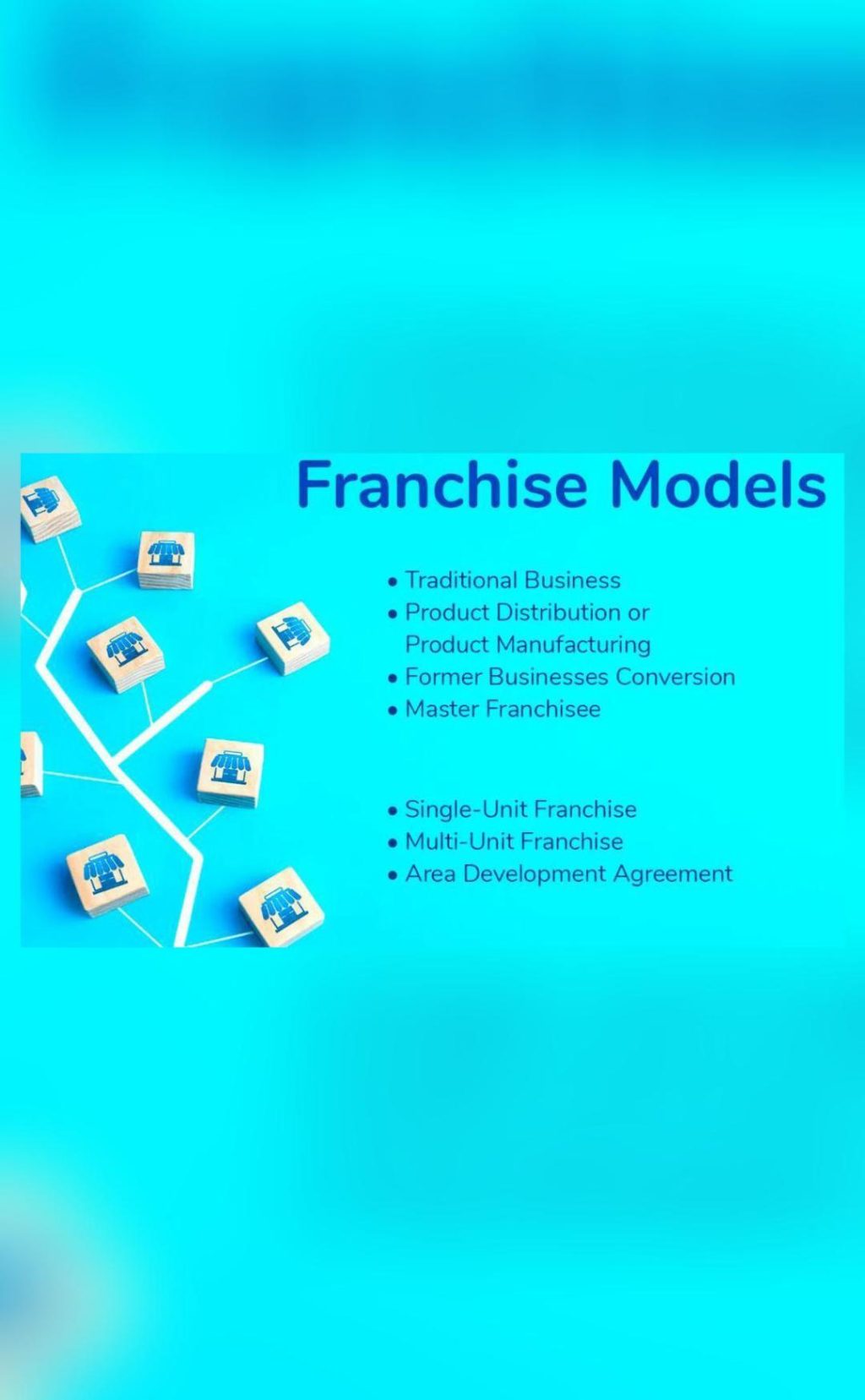
Why Choose a Franchise Model for Growth?
In today’s fast-paced business landscape, entrepreneurs and investors are always on the lookout for ways to scale their brands and operations efficiently. One popular strategy that has gained traction in recent years is the franchise model. By licensing operations, training, and brand assets to local partners, franchisees can tap into proven business systems and ongoing support, while expansion avoids heavy capital expenditures. But what exactly is the franchise model, and how can it help businesses achieve rapid and consistent growth?
In this blog post, we’ll delve into the ins and outs of the franchise model, exploring its benefits, challenges, and the key factors that contribute to its success. We’ll also examine why choosing a franchise model can be a smart strategy for entrepreneurs and investors seeking to expand their reach and increase their bottom line.
What is the Franchise Model?
The franchise model is a business strategy where a parent company (the franchisor) licenses its operations, products, and services to independent business owners (franchisees) who agree to operate according to the franchisor’s guidelines and standards. In exchange, franchisees pay an initial fee and ongoing royalties to the franchisor, who provides them with training, support, and access to the brand’s intellectual property.
The franchise model allows businesses to scale quickly and efficiently, as the franchisor has already developed and refined their business systems, products, and services. This means that franchisees can hit the ground running, with a proven business model and the support of the franchisor’s team.
Benefits of the Franchise Model
So, why choose a franchise model for growth? Here are just a few of the benefits:
- Proven Business Systems: Franchises have already developed and refined their business systems, products, and services, reducing the risk of trial and error for franchisees.
- Ongoing Support: Franchisors provide ongoing training, support, and resources to franchisees, ensuring that they have the tools they need to succeed.
- Brand Recognition: Franchisees benefit from the recognition and reputation of the parent brand, which can be a major draw for customers.
- Reduced Capital Expenditures: Franchisees don’t have to invest in developing their own business models or products, reducing the need for heavy capital expenditures.
- Scalability: The franchise model allows businesses to scale quickly and efficiently, with the potential to expand into new markets and territories.
Key Factors for Success
While the franchise model offers many benefits, success is not guaranteed. Here are some key factors that contribute to the success of a franchise:
- Replicable Processes: Franchises rely on replicable processes and systems that can be repeated consistently across locations.
- Quality Control: Franchisors must maintain quality control standards across all locations, to ensure consistency and brand reputation.
- Aligned Incentives: Franchisors and franchisees must have aligned incentives, with shared goals and a commitment to success.
- Strong Leadership: Effective leadership and management are crucial in ensuring the success of a franchise.
Challenges of the Franchise Model
While the franchise model offers many benefits, it’s not without its challenges. Here are a few to consider:
- Initial Investment: Franchisees must pay an initial fee and ongoing royalties to the franchisor, which can be a significant upfront investment.
- Ongoing Support: Franchisors must provide ongoing support and resources to franchisees, which can be a significant commitment of time and resources.
- Quality Control: Franchisors must maintain quality control standards across all locations, which can be a challenge, especially as the franchise grows.
- Franchisee Autonomy: Franchisees must balance their own entrepreneurial spirit with the need to follow the franchisor’s guidelines and standards.
Conclusion
The franchise model is a powerful strategy for businesses seeking to scale quickly and efficiently. By licensing operations, training, and brand assets to local partners, franchisors can tap into proven business systems and ongoing support, while expansion avoids heavy capital expenditures. With the right franchisor-franchisee relationship, aligned incentives, and strong leadership, the franchise model can be a lucrative and rewarding way to grow a business.
Sources:






